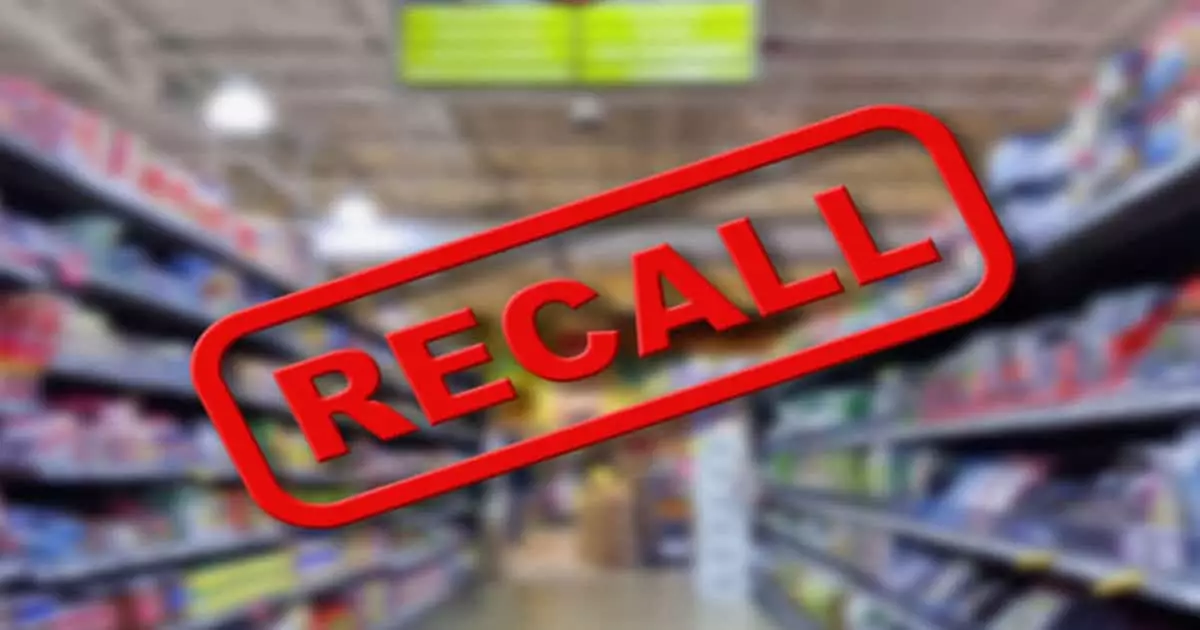In the world of consumer goods, product recalls are serious events that can have widespread implications for manufacturers, consumers, and ecosystems alike. Recently, a notable recall involved Blue Ridge Beef, which announced the withdrawal of 1,350 pounds of its Kitten Mix product due to contamination with Salmonella. Such incidents not only compromise animal health but also pose potential risks to humans, emphasizing the need for vigilance and comprehensive understanding surrounding food safety protocols.
The FDA plays a pivotal role in disseminating information about recalls to the public, serving as a neutral intermediary rather than an endorsing authority. In the case of Blue Ridge Beef, the recalled Kitten Mix was marked with lot number N25-0716 and was distributed between July 18 and July 26, 2024. Consumers were warned about the risks associated with the contaminated product, primarily linked to Salmonella, which can lead to severe health consequences for both pets and humans. Healthy individuals infected with this bacterium may experience a range of symptoms, including gastrointestinal distress, but can also be at risk for rarer, life-threatening conditions.
Salmonella poses a dual threat: not only can it harm animals that consume contaminated products, but it also endangers humans, especially those who come into contact with infected pet products. The symptoms associated with salmonellosis in healthy individuals include nausea, diarrhea—sometimes bloody—and abdominal cramps, which could escalate to more severe complications like arthritis or endocarditis under rare circumstances. Pets that have ingested contaminated food may display symptoms such as lethargy, vomiting, and a decrease in appetite. Unfortunately, some pets may become asymptomatic carriers, further complicating the threat to public health as they can transmit the bacteria to other animals or humans.
The response from Blue Ridge Beef reflects an acknowledgment of responsibility following a customer complaint that prompted further testing. The revelation that Salmonella was present in their product necessitated immediate action, aligning with federal guidelines for food safety and public health. Consumers were advised to return the affected products or destroy them to prevent accidental ingestion by children or pets. The emphasis on sanitization—both of hands and associated food handling implements—is a critical component of the guidance provided, highlighting the importance of maintaining hygiene to mitigate cross-contamination risks.
The affected Kitten Mix was primarily distributed across several states, including Virginia, Maryland, Pennsylvania, Connecticut, Massachusetts, and New York. The prevalence of this product in a variety of retail stores makes it crucial for consumers in these regions to be aware of the recall and take appropriate action. The public dissemination of such information, particularly through platforms like the FDA, enhances community awareness and engenders trust in regulatory processes.
Recalls, while unsettling, serve as important reminders of the shared responsibility required in the food supply chain, which encompasses manufacturers, regulatory agencies, and consumers alike. For pet owners, however, the stress surrounding potential health risks necessitates a heightened sense of scrutiny and proactive engagement. This incident with Blue Ridge Beef underscores the need for ongoing vigilance regarding pet food products and a commitment to best practices in food safety. As consumers, being informed about such events and acting swiftly to protect our pets and ourselves is paramount. Ultimately, cultivating awareness about food recalls can help mitigate risks and safeguard our health and well-being.


Leave a Reply